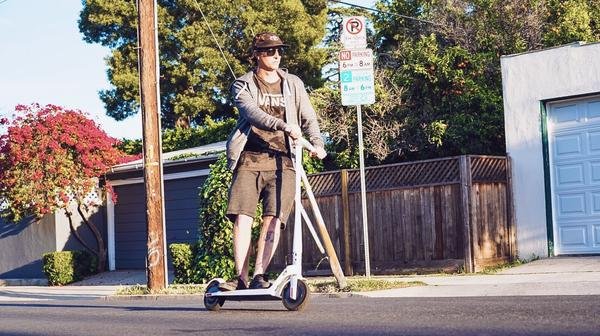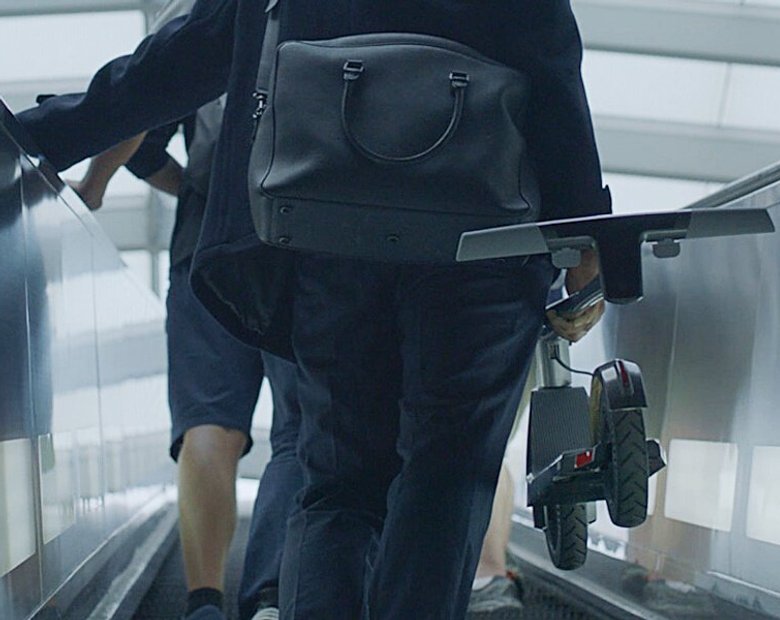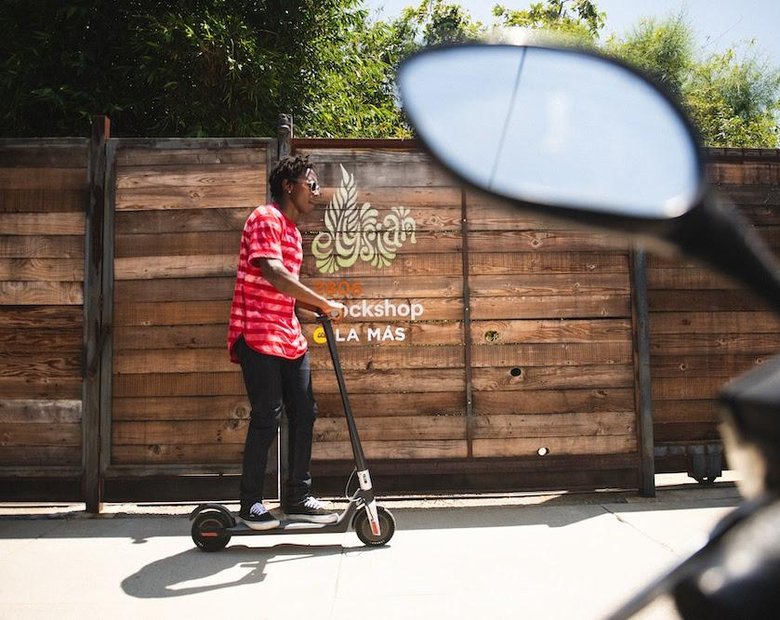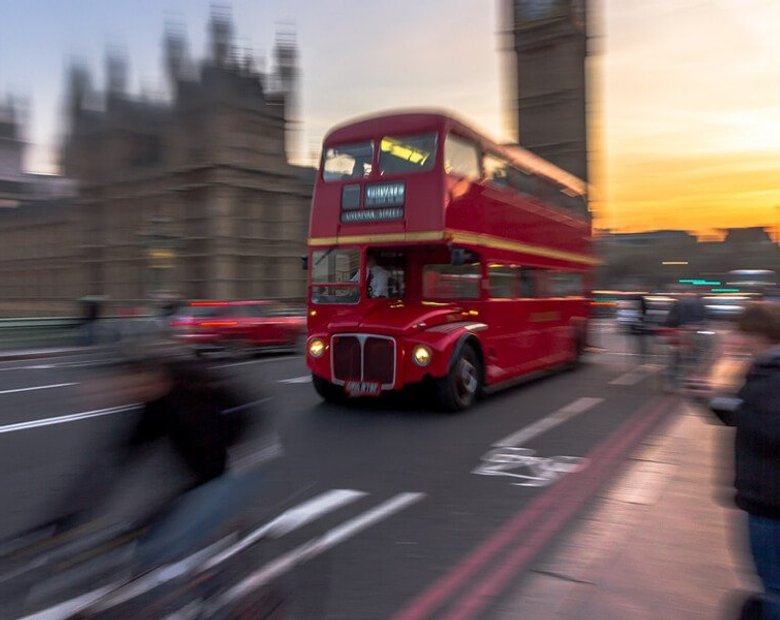You’ve seen them all over your city’s streets, and everyone who rides one looks absolutely thrilled. So, why haven’t you picked up your own folding electric scooter yet? Maybe you’re worried about whether e-scooters require a driver’s license, or a specialized license like motorcycles? Maybe you don’t have a driver’s license. Can you still ride an electric scooter, shared or otherwise?

According to recent guidance published by the UK Department of Transport, “You must have the category Q entitlement on your driving licence to use an e-scooter. A full or provisional UK licence for categories AM, A or B includes entitlement for category Q. If you have one of these licences, you can use an e-scooter. If you have a provisional licence, you do not need to show L plates when using an e-scooter.” This, however, only refers to the current trial of shared e-scooter platforms that are operating in the UK on a limited basis.

Whether or not you’ll need a driver’s license depends primarily on where you’ll be riding your scooter. The UK has a complicated set of laws regarding electric scooters. The sale and purchase of scooters is legal, yet there are a multitude of restrictions on where they can be ridden. For now, the UK does not permit e-scooters to be ridden on public roads, bike lanes, or pedestrian walkways. Because of this ban, driver’s licenses are not required to operate an electric scooter. They are technically only allowed to be ridden on private land or roads, and since licenses only apply to vehicle operation on public roads, licensing laws do not apply to scooters. Despite this, the UK Transportation Committee has called for the “swift legalisation of private scooters on roads and in cycle lanes.”

First, we need to define what we mean by motorized electric scooter. The term can mean a number of things, from folding scooters like Unagi’s Model One to two-wheeled seated scooters that are more moped-like and have more powerful motors and larger batteries. For the purposes of UK law, a “motorized scooter” is defined as “any two-wheeled device that has handlebars, has a floorboard that is designed to be stood upon when riding, and is powered by an electric motor.” Other small motorized vehicles are classed as motorcycles, mopeds, or motorized bicycles, depending on their construction, weight, and motor size. Because there are no laws specifically concerning electric scooters, they are covered by the same legislation as cars and motorcycles. Naturally, scooters do not meet the specifications required for these other vehicle types, which is the reason they are technically not allowed on roads. Once the new scooter-specific laws are passed, this legal conundrum should be straightened out. Fingers crossed the law passes soon.
On the bright side, the UK has had trials for electric scooters on city streets by permitting shared-scooter companies to operate in certain areas. Riders can rent shared scooters but cannot yet ride private scooters on public roads. Electric scooters are classified as motor vehicles, and so all riders must have a valid driver’s license and be over the age of 16 to ride them.

Conclusion
The laws around electric scooter riding are constantly evolving. With new scooter-specific laws set to be passed in 2021, the grey area scooters currently sit in should become more clear. The positive news for prospective and existing Unagi riders is that over the first 3 years of the meteoric rise of folding electric scooters in the world, regulatory bodies seem to have been shifting toward regulating small forms of micromobility (like scooters) differently than larger vehicles like mopeds and motorcycles. Governments love how they aim to achieve equitable transportation goals (since many cannot afford a car, gas, parking, and auto insurance), as well as drastically reduce carbon footprints with vehicles that are human-sized and electric. And they’re easier to operate and straight up fun.







